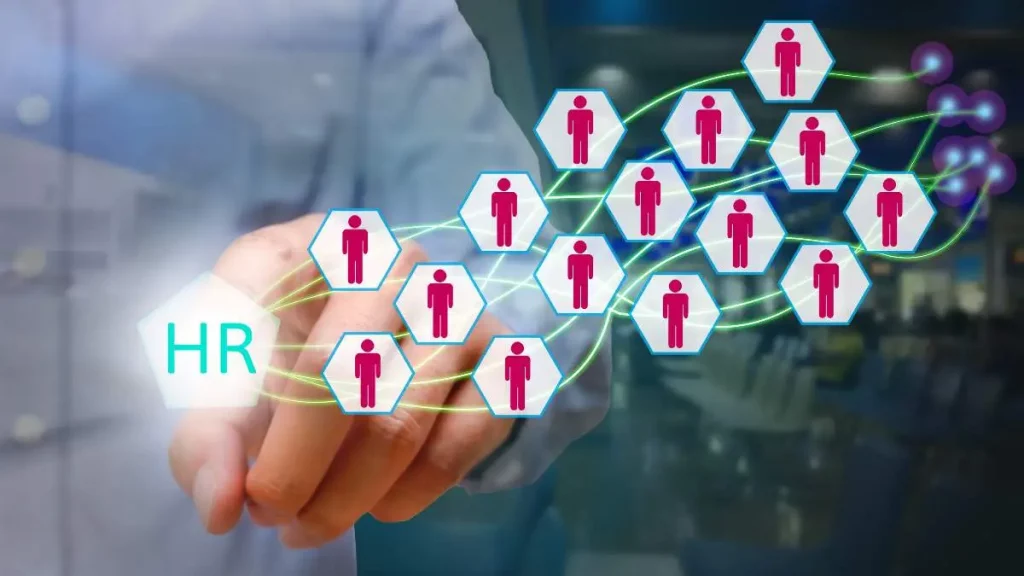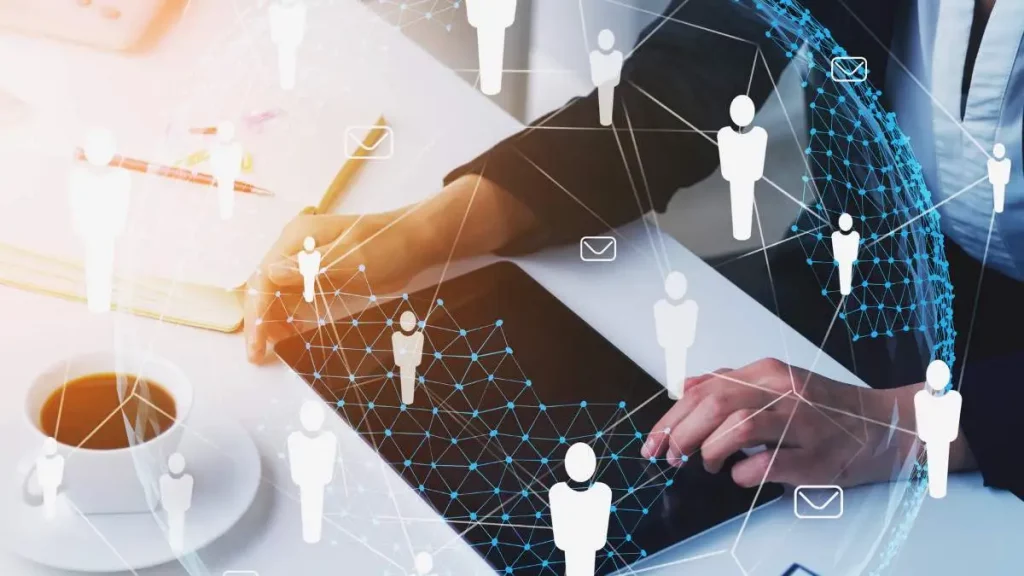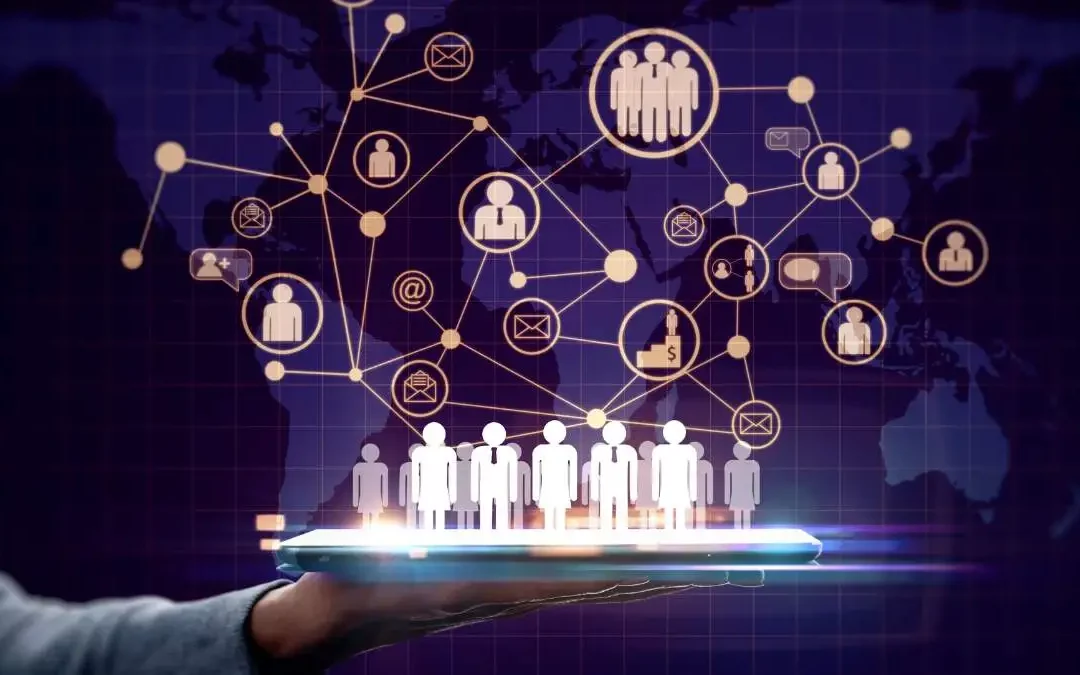In recent years, artificial intelligence has begun to profoundly transform the human resources sector, giving rise to a new digital role: HR virtual assistants. According to a Gartner report, by 2026, 50% of medium-sized and large companies will adopt automated conversational technologies, such as chatbots and virtual assistants, to support at least one HR function. Furthermore, IBM highlights that companies using AI for HR processes experience up to a 30% improvement in hiring speed and a 20% reduction in resource management costs.
The need for greater efficiency, personalization, and timeliness in personnel management is leading many organizations to consider adopting HR virtual assistants, capable of automating repetitive tasks, improving the employee experience, and proactively supporting HR teams.
Updated on July 23rd 2025
Estimated reading time: 6 minutes
Table of contents
What are HR Virtual Assistants?

HR virtual assistants are intelligent applications powered by artificial intelligence (AI) and natural language processing (NLP). They are designed to understand and process natural language to interact with employees and candidates in a fluid, fast, and personalized manner. These systems can answer questions, provide information, collect data, initiate processes, and perform administrative tasks, simulating human conversation.
HR virtual assistants can be integrated into various corporate channels, including the intranet, HR management systems, collaboration platforms like Slack or Microsoft Teams, and even mobile apps or employee portals. Thanks to this flexibility, they are accessible at any time and from any device, offering continuous 24/7 support.
In addition to easing the operational burden on the HR team, these virtual assistants improve the employee experience by ensuring immediate, consistent, and personalized responses. They can be used for a variety of tasks: from answering FAQs about vacation, leave, and payroll, to supporting onboarding processes, to interacting with candidates during recruiting. Over time, they learn from data and interactions, progressively improving their performance thanks to machine learning.
Why bring AI to Human Resources?
Artificial intelligence is no longer a futuristic promise: it is already present in offices, redefining the way human capital is managed. According to the 2025 Report published by Confindustria, Human Resources and Administration are among the business areas most impacted by the digital transformation driven by AI. Here, artificial intelligence doesn’t just increase efficiency: it is changing the relationship between people, organization, and technology.
Human Resources is becoming a veritable laboratory for AI adoption. Intelligent data analysis allows for the creation of detailed skills maps, identification of hidden patterns, suggestion of personalized training programs, and anticipation of future skill needs. In this scenario, HR virtual assistants play a key role, making knowledge accessible, automating tasks, and improving employee support.
The recruiting process is also undergoing profound evolution: algorithms can analyze CVs, anonymize sensitive information, improve the accuracy of matching candidates to positions, and reduce the risk of bias, provided the systems are designed ethically and transparently.
At the same time, HR administration is also benefiting from AI. Natural Language Processing (NLP) automates the management of documents, emails, contracts, and invoices, freeing up resources for more strategic and creative activities. Predictive technologies also support workload planning and compliance management.
Another key aspect is the integration of intelligent virtual assistants, capable of building semantic maps of corporate knowledge (knowledge mapping). These tools make information easily accessible, facilitate the transfer of expertise, and strengthen collaboration between teams.
However, this transformation requires new skills. The future of work will be increasingly hybrid, based on the collaboration between human and artificial intelligence. HR professionals will need to develop skills that combine relational sensitivity with the ability to interpret data, keeping the person at the center.
Use Case: How HR Virtual Assistants Are Employed

New Hire Onboarding
HR virtual assistants can guide new employees through the onboarding process, providing documentation, answering frequently asked questions, and assisting with form completion. This reduces the administrative burden on HR teams and ensures a seamless and consistent experience.
Administrative Request Management
Vacation requests, time off, payroll, and company policies: virtual assistants can automate the response to these questions 24/7, avoiding delays and improving employee satisfaction.
Recruiting Support
An HR virtual assistant can pre-qualify candidates, answer their questions during the selection process, schedule interviews, and update application status, reducing time and increasing engagement.
Training and Development
Assistants can suggest personalized training courses, track form completion, and send reminders for skill development.
How to Integrate Virtual HR Assistants into Your Company
- Identify Needs
Before choosing a solution, it’s essential to analyze existing HR processes and identify areas where automation can deliver value, such as recruiting, internal support, or onboarding.
- Choose the Right Technology
Depending on your business needs, you can opt for no-code or low-code solutions that allow you to create customized virtual assistants quickly and easily, even without programming skills.
- Integrate with Existing Systems
The effectiveness of a virtual assistant depends on its ability to integrate with company tools. It’s important to work with IT for proper configuration, ensuring privacy, GDPR compliance, and data security.
- Train Staff and Monitor Results
Successful adoption requires internal training. After launch, it’s helpful to monitor KPIs such as the number of interactions, average response time, and employee satisfaction.
Conclusions
HR virtual assistants represent one of the most concrete and high-impact applications of AI in the corporate context. They automate processes, improve the employee experience, and allow the HR team to focus on more strategic activities. In a context where organizations are being asked to do more with less, adopting these tools can represent a real competitive advantage.
Faqs about HR Virtual Assistants
A chatbot answers predefined questions and has a more rigid operation. An HR virtual assistant uses artificial intelligence to understand natural language and provide more detailed responses, often integrating with company systems to complete complex tasks.
The cost depends on the complexity of the solution and the level of customization. Scalable solutions exist, with affordable costs for SMBs and advanced features for large companies.
Employees are usually intuitive to use. However, it’s important to train the HR team on the backend and reporting to get the most value from the tool.
Updated on July 23rd 2025

